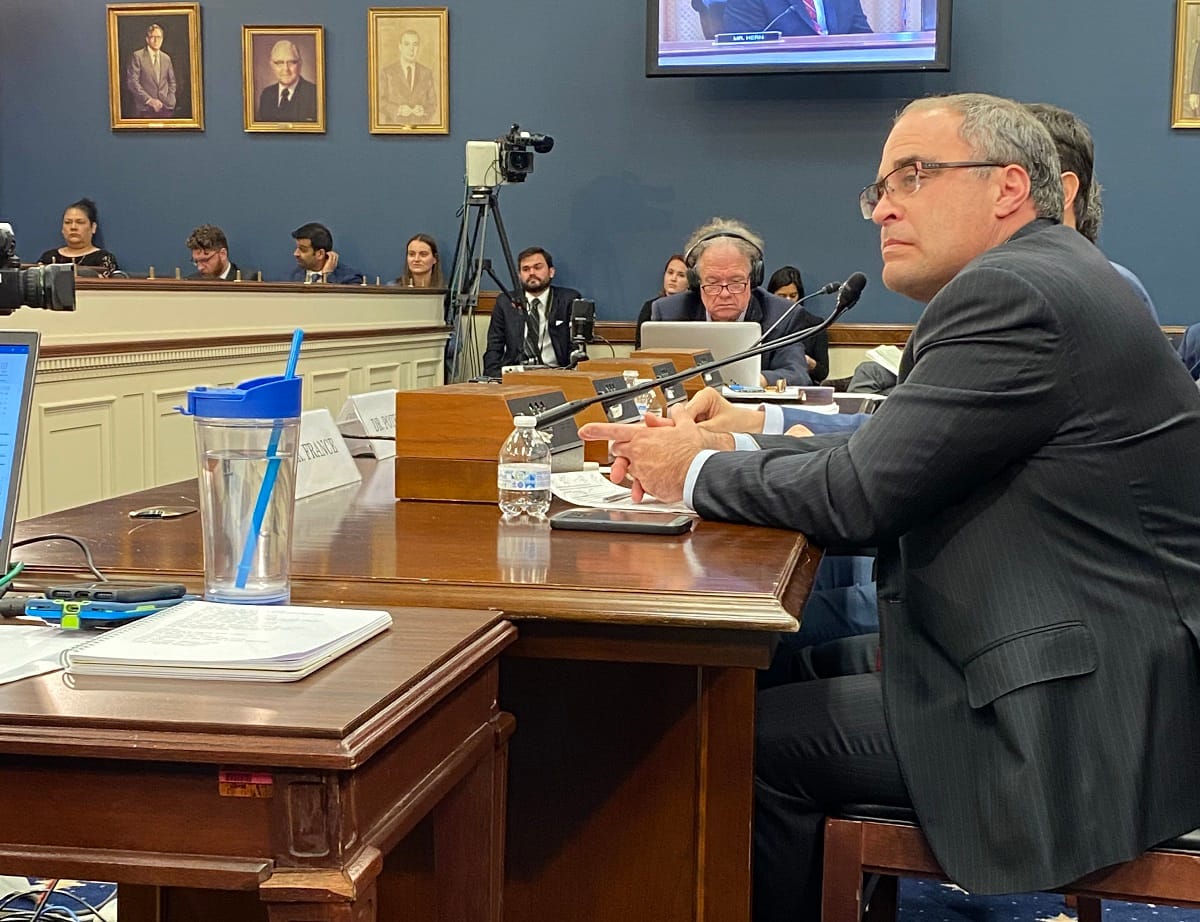Lack of Broadband Access Remains a Significant Obstacle for Farmers Seeking to Use Digital Technology
WASHINGTON, January 9, 2020 – The lack of broadband access remains a significant obstacle for farmers seeking to use digital technology to grow their agricultural operations, witnesses told a Small Business subcommittee hearing on Thursday. In the shift to engage with the digital age, farmers withou

WASHINGTON, January 9, 2020 – The lack of broadband access remains a significant obstacle for farmers seeking to use digital technology to grow their agricultural operations, witnesses told a Small Business subcommittee hearing on Thursday.
In the shift to engage with the digital age, farmers without broadband are left behind, said subcommittee Chairman Jason Crow, D-Colorado.
David Potere, president of Geo Innovation and Indigo Agriculture, said that no sector has a higher percentage of small business ventures than agriculture. Unfortunately, the lack of broadband access greatly affects farmers’ ability to engage with innovative agriculture technology.
Rep. Troy Balderson, R-Ohio, asked how broadband access affects technology for rural farmers. Potere said that lack of broadband means his company, Indigo, has to build apps resilient against the lack of internet access. However, this approach has limitations.
Roberto Meza, a co-founder of Emerald Gardens, brought his microgreen farming experience. He said Emerald Gardens communicates with buyers and the community through broadband. But Meza also uses broadband to run technology that sensors and alleviates energy waste.
Kevin France, president of SWIIM System, said that because broadband costs money, sometimes farmers go without it. He often works in areas that do not have broadband access.
Rep. Kevin Hern, R-Oklahoma, asked what Congress can do to improve the regulatory environment to facilitate small-business growth. Meza emphasized the need for direct, on-the-ground collaboration with actual farmers.
Douglas Jackson-Smith, a professor at Ohio State University, suggested balancing regulations that incentivizes broadband and a recognition that some barriers prevent the deployment of innovative technology, such as genetic engineering.
Additional examples of agriculture technology include sensors and precision farming data, tracking products, innovative machinery, and food safety technology.
Meza expressed excitement at his community’s desire to consume locally grown food. Asked by Crow to identify barriers for young people to farm, Meza said access to capital a challenge. Specifically, student loans have been a factor in preventing progression.








